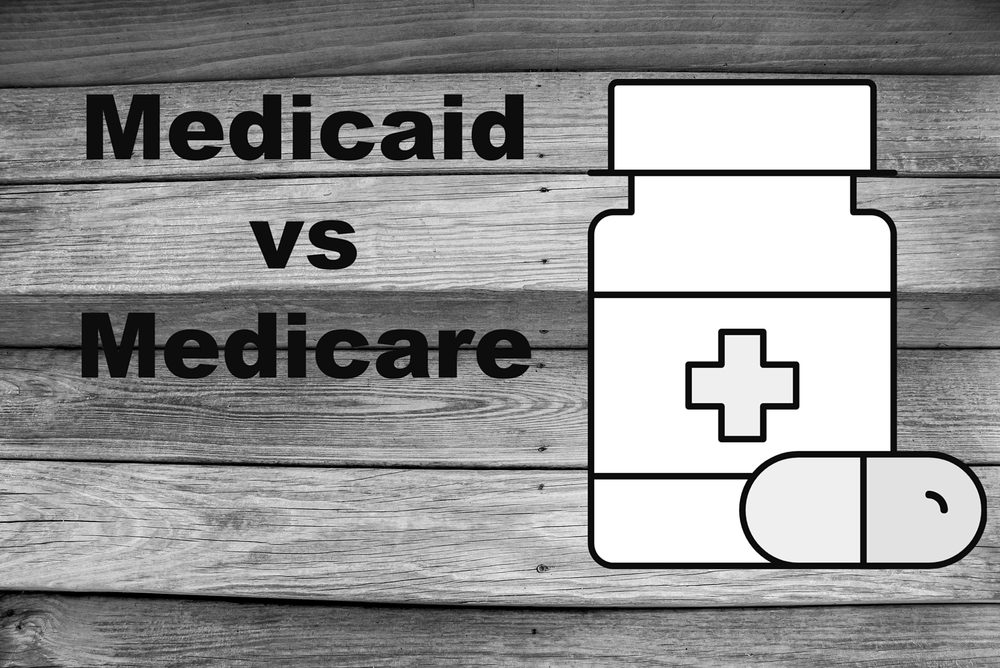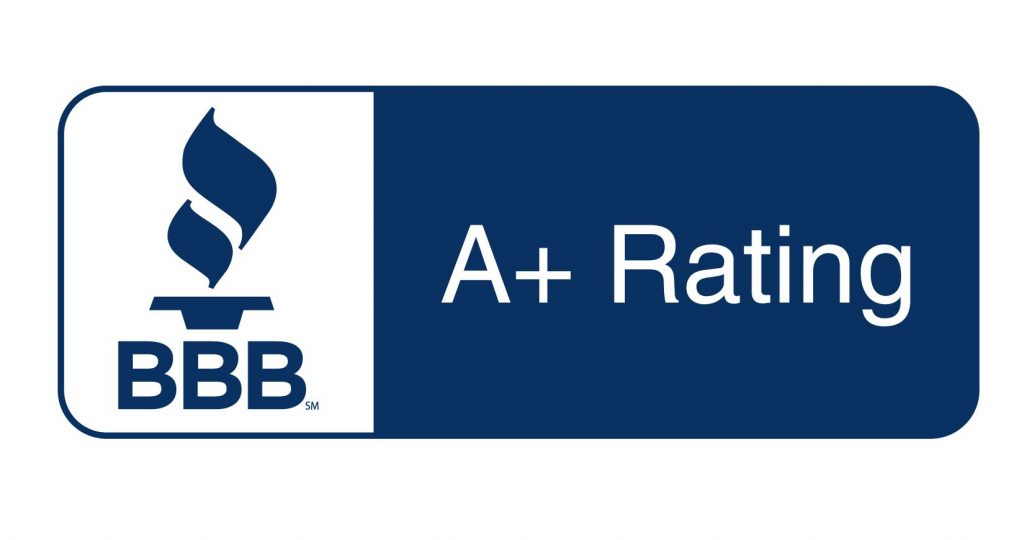Medicare and Medicaid are both US government-sponsored health insurance programs that make healthcare more affordable for enrollees. But their eligibility requirements are quite different. Not everyone who qualifies for Medicare can get Medicaid. Likewise, the benefits of one are irrelevant to the other — although some folks can have both.
There’s Earning Too Much, Then There’s Paying More
Income doesn’t impact Medicare eligibility. If you earn above a certain level of income, that just means you’ll pay higher premiums. Medicare only requires you to be 65 or older, or receiving disability benefits for two years if you’re under 65.
But for Medicaid, earning above a certain amount either results in not being eligible, or “spending down” (subtracting your medical expenses from your income to meet your state’s requirement) to become eligible. But if you’re not medically needy, and your income is high enough to where subtracting medical expenses won’t put you in the qualifying range, then you cannot access Medicaid benefits.
The Benefits Aren’t Exactly the Same
Before going further, it should be noted that Medicare and Medicaid have many benefits in common. Both offer coverage for inpatient, outpatient, and preventive care. The differences in coverage, however, likely wouldn’t be a dealbreaker for someone who’s interested in both but only willing to enroll in one.
Family planning, for instance, would matter more to someone who strictly qualifies for Medicaid. This is because the bulk of Medicare’s policyholders are well past the age of planning for having children. Likewise, coverage for helping expecting mothers quit tobacco use would be irrelevant to someone 65 or older.
If Eligible, Having Both Can Make All The Difference For You
Medicare is worth the purchase. With Medicare health insurance, there’s only a certain amount of time to join before you’ll have to pay late enrollment fees.
That’s why it’s best to act quickly. If you’re not getting Social Security already, you’ll need to join during your Initial Enrollment Period. This includes the month of your 65th birthday, the three months before it, and the three months after it. You’ll also potentially get Part A (inpatient hospital coverage) premium-free. Also, joining at this time ensures that you won’t face any late enrollment penalties.
Some people are dual-eligibles, meaning they qualify for both programs. When you have Medicare and Medicaid, you’ll minimize your out-of-pocket costs. You get your treatment, Medicare pays what it can, and then Medicaid steps in to cover as much as possible, leaving you to pay the remainder.
There’s also a Medicare Advantage plan for those who can get both. This is the Dual Eligible Special Needs Plan (D-SNP). Here, you combine savings and get great coverage within a network. And with this plan, you also get prescription drug coverage that you’d likely have to obtain separately otherwise.
Medicaid Or Medicare, Our Approach Is The Same
No matter your circumstances or eligibility, at Carolina Senior Benefits, we devote our efforts to making sure that you get every benefit available to you. With us, you’ll get a policy that matches your medical and financial needs at the best available price. Call us today at (704) 765-4689!





